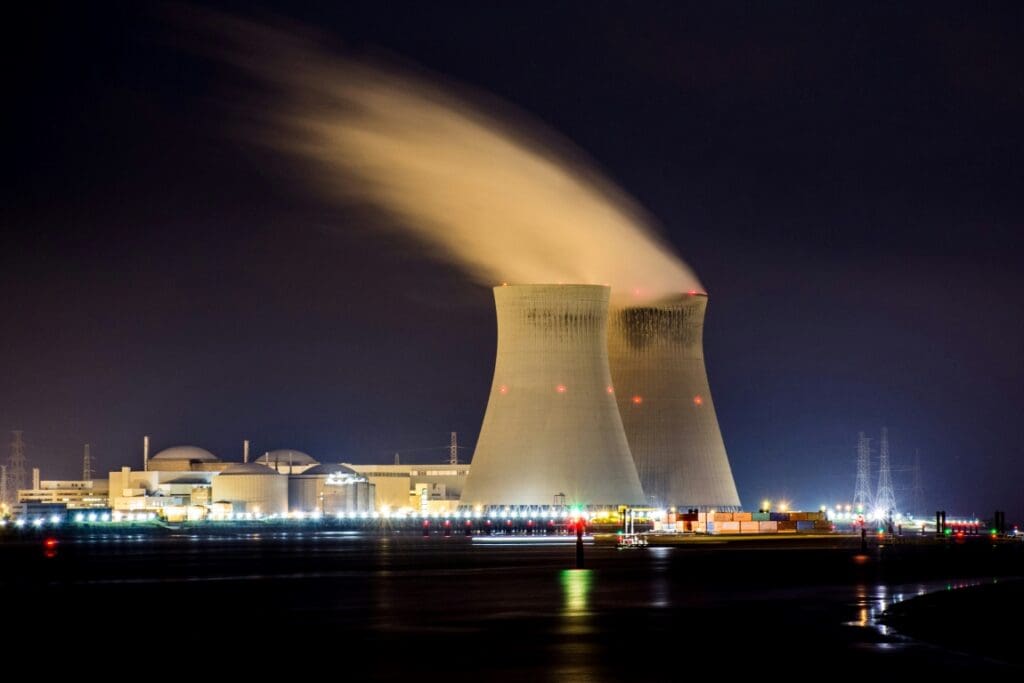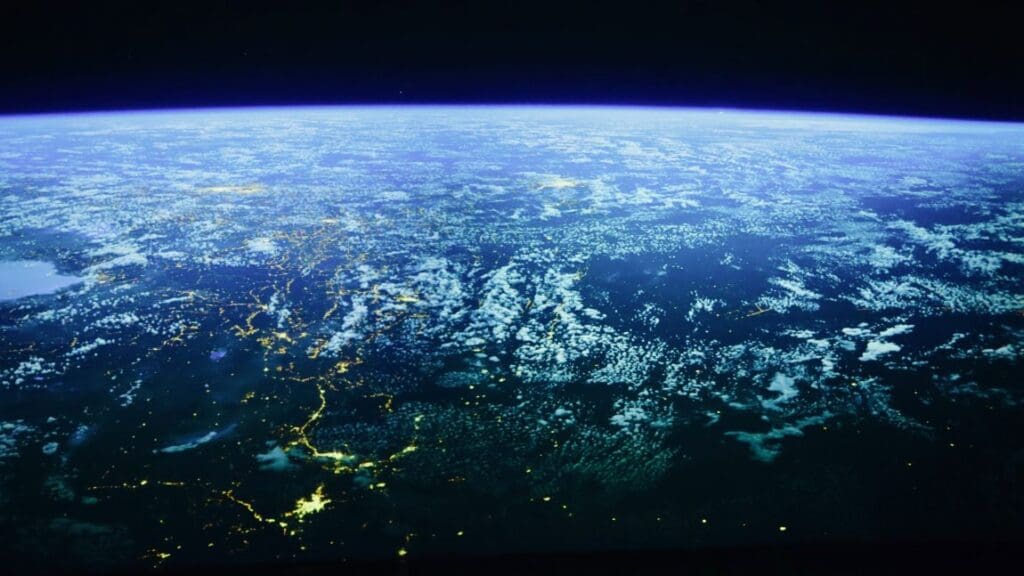Summary:
Even as 2023 and 2024 set new global temperature records, deep freezes and intense cold waves will still impact parts of China, Europe, and North America.
A study published in npj Climate and Atmospheric Science explores this contradiction, analyzing a major cold event in eastern China in December 2023. Researchers found that while climate change is making extreme cold spells less severe and less frequent, shifting atmospheric circulation patterns can still trigger sudden temperature plunges.
The study shows that these patterns were the main driver behind the 2023 cold wave, while human-induced warming helped to moderate its intensity. Climate model simulations suggest that such events will continue to decline as the planet warms, but they won’t vanish entirely. Even in a world where warming is limited to 1.5 °C, occasional deep freezes will still occur — emphasizing the need for preparedness, despite a generally warming climate.

Study uncovers why record cold spells persist in a warming world
Despite 2023 and 2024 ranking as the warmest years on record, extreme cold events still gripped parts of China, Europe, and North America. A new study investigates the paradox of these record-breaking cold spells and assesses future risks in a changing climate.
Led by Professor Qian Cheng from the Institute of Atmospheric Physics at the Chinese Academy of Sciences, in collaboration with Dr. Aiguo Dai from the University at Albany, State University of New York, and Prof. Zhang Xiaoye from the Chinese Academy of Meteorological Sciences, the study examines the mid-December 2023 cold wave that swept across eastern China.
The team analyzed the role of anthropogenic climate change in driving or suppressing such extreme events and projected how similar cold events might evolve in the future.
“Our findings confirm that human-induced climate change is actually weakening extreme cold events,” said Professor Qian. “The record-breaking cold in December 2023 was primarily caused by unusual large-scale atmospheric circulation patterns, which accounted for 83% of its intensity. Meanwhile, the warming effect of climate change reduced the event’s severity by up to 22%.”
The study’s attribution analysis, based on climate model simulations, reveals that due to anthropogenic warming, the likelihood and intensity of 2023-like cold events have already dropped by over 92% and 1.9 °C, respectively, compared to a world without human influence. Furthermore, such events are projected to become even rarer and milder by the end of the century — decreasing in frequency by 95% and in intensity by more than 2 °C under an intermediate-emissions scenario.
However, the study also highlights that while extreme cold events are becoming less common, they have not disappeared entirely. “If carbon neutrality is achieved and global warming stabilizes at 1.5 °C, we could see cold extremes similar to those we experience today,” Qian explained. “That means societies still need to be prepared for sudden cold snaps, even when the 1.5 °C target of the Paris Agreement is achieved.“
As the debate over cold extremes in a warming world continues, this research provides critical insights into the inter-competition of climate dynamics that drive them — and the importance of adaptation strategies to mitigate their impacts.
Journal Reference:
Ye, Y., Qian, C., Dai, A. et al. ‘Attribution of a record-breaking cold event in the historically warmest year of 2023 and assessing future risks’, npj Climate and Atmospheric Science 8, 14 (2025). DOI: 10.1038/s41612-024-00886-w
Article Source:
Press Release/Material by Institute of Atmospheric Physics | Chinese Academy of Sciences
Featured image credit: wirestock | Freepik




